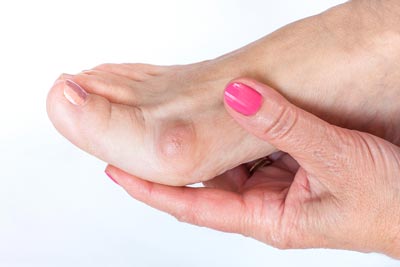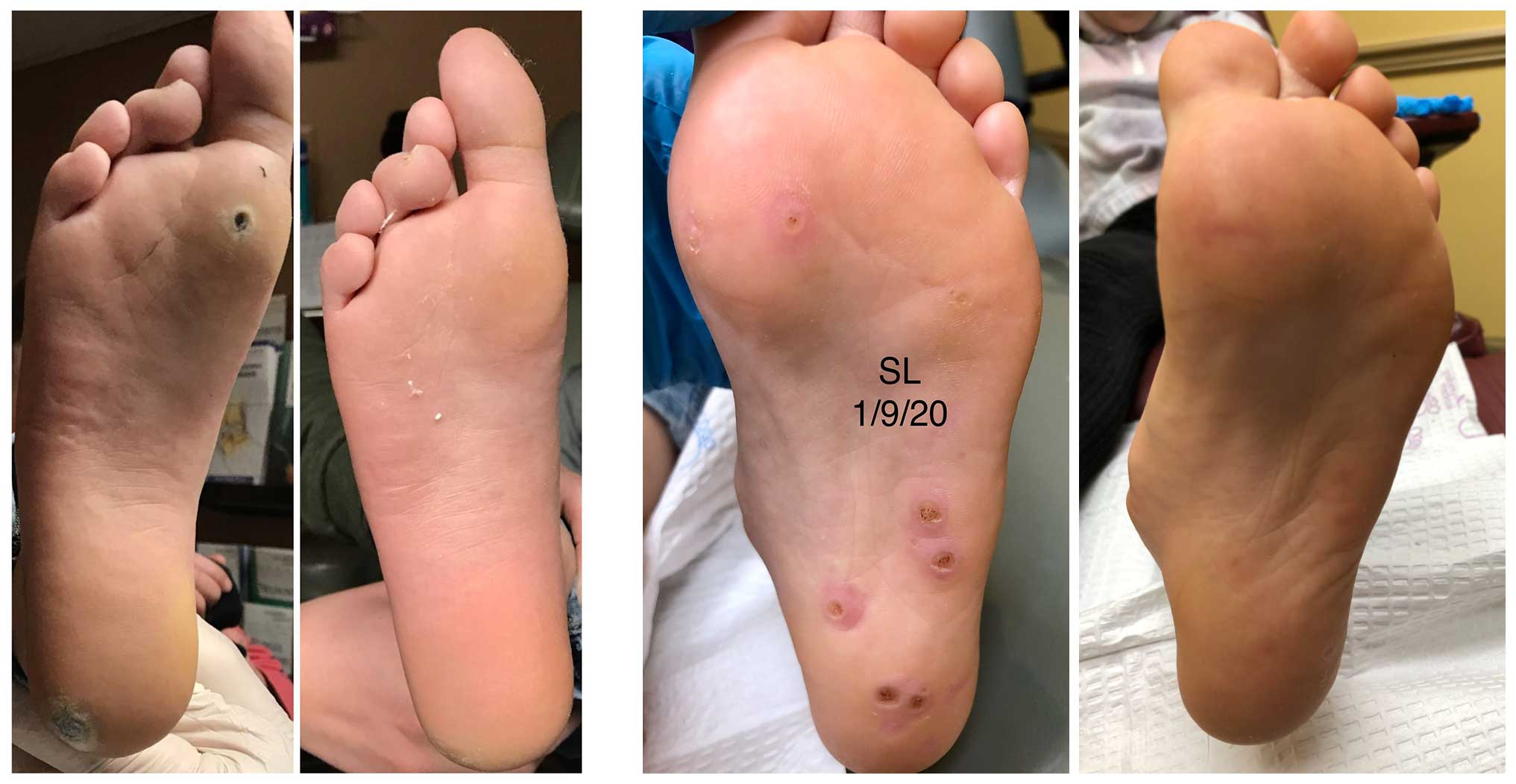Everything You Need to Know About Plantar Warts Treatment
Having plantar warts can be an irritating and uncomfortable experience, which is why it’s important to have the right information about plantar warts treatment and preventing them. From identifying the signs to exploring various treatment options, this blog post will give you a comprehensive overview of everything you need to know on the subject. By gaining a better understanding of your condition and available treatments, you’ll be able to make an informed decision about how best to proceed with caring for plantar warts so that they won’t become a reoccurring problem in your life.
What are Plantar Warts and How Do You Know if You Have Them
Plantar warts are a common foot condition caused by the human papillomavirus (HPV). They usually appear on the soles of your feet and can be quite painful. While they’re not usually serious, they can be bothersome and difficult to treat. Unfortunately, they’re highly contagious and can spread easily from person to person through contact with the virus. If you suspect you have plantar warts, it’s important to see a doctor for diagnosis and treatment options. Some common signs include a small, grainy lump on the bottom of your foot, thickened skin, and tiny black dots on the wart’s surface. Proper diagnosis and treatment can help you get relief and prevent the spread of the virus.
Treatments for Plantar Warts
Plantar warts can be a frustrating and uncomfortable condition to deal with. Fortunately, there are several effective treatments available to help those who suffer from this ailment. One option is cryotherapy, a process where the wart is frozen with liquid nitrogen and gradually falls off as the area heals. Another option is the application of salicylic acid, which can be found over the counter in various strengths and is applied directly to the wart to slowly dissolve it. In some cases, laser therapy or surgical removal may be necessary. Regardless of which treatment is chosen, it is important to seek out the advice of a medical professional before attempting to treat plantar warts on your own. With the right treatment, relief from plantar warts is achievable.

Plantar Warts Treatment
Ways to Prevent Plantar Warts
Plantar warts can be an uncomfortable and unsightly nuisance, but fortunately, there are steps you can take to prevent them from popping up. First and foremost, it’s important to practice good foot hygiene by keeping your feet clean and dry and avoiding walking barefoot in communal areas like locker rooms and pool decks. Wearing shoes that fit well and provide adequate support can also help prevent warts from forming. Additionally, if you have a cut or abrasion on your foot, it’s important to keep it covered with a bandage to prevent the virus that causes warts from entering your skin.
Home Remedies for Plantar Warts
Plantar warts are a common nuisance, but many people are hesitant to seek medical treatment. Fortunately, there are several home remedies that can effectively treat these warts. One popular option is the use of duct tape, which is placed over the wart for several consecutive days to suffocate the virus and eventually peel away the wart. Another common remedy is the application of natural acids found in ingredients like apple cider vinegar or lemon juice. However, it’s important to note that not all home remedies may work for everyone, and severe cases may require medical attention. As always, it’s best to consult with a healthcare professional before attempting any self-treatments.
When to See a Doctor About Your Plantar Wart
If you’re dealing with a treatment of plantar wart, you are not alone. These stubborn warts can be incredibly frustrating to deal with. While some plantar warts may eventually go away on their own, it’s important to know when to seek professional help. If you have tried over-the-counter treatments and the wart doesn’t go away or keeps coming back, it’s time to make an appointment with your doctor. Additionally, if the wart is causing pain, changes in appearance, or spreading rapidly, it’s time to take action. A healthcare professional can provide effective treatment options that will help eliminate the wart for good. Don’t wait until the wart becomes a bigger problem – schedule an appointment with your doctor as soon as possible.
Plantar warts can be hard to deal with, but you don’t have to fight them alone. Although treatment for plantar warts can be painful, tedious, and prolonged, taking the necessary precautions and steps to fight the condition is important. Remember to always seek medical advice if you think you have a wart that won’t go away or symptoms that concern you. Hopefully, all you need is a good plan for treating plantar warts so you can get back on your feet again!

Plantar Warts
Flagstaff Foot Doctors: Anthony Rosales DPM
https://www.google.com/maps?cid=8835841318590452161
421 N Humphreys St, Flagstaff, AZ 86001, United States
(928) 774-4825
https://flagstafffootandankle.com/
